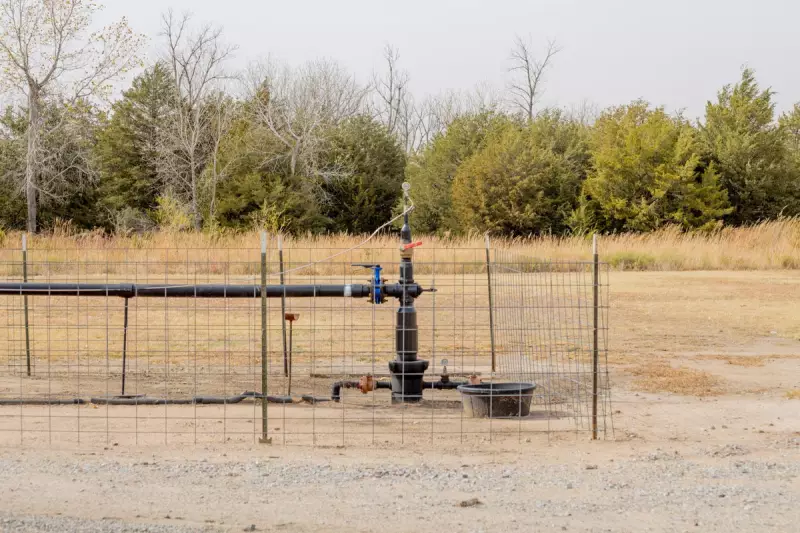
In a bold move to tackle climate change, Microsoft is exploring an unexpected resource to reduce its carbon footprint: human waste. The tech giant is investigating how poop can be transformed into renewable energy, potentially revolutionising sustainability efforts.
The Science Behind the Idea
Researchers are examining ways to convert human waste into biogas, a renewable energy source that could power data centres and other facilities. This innovative approach aligns with Microsoft's ambitious goal to become carbon-negative by 2030.
Why Human Waste?
Human waste is a readily available resource that, when processed correctly, can produce methane—a potent energy source. By capturing and utilising this methane, Microsoft aims to reduce reliance on fossil fuels and lower greenhouse gas emissions.
The Bigger Picture
This initiative is part of Microsoft's broader strategy to invest in cutting-edge sustainability solutions. From carbon capture to AI-driven climate models, the company is pushing the boundaries of environmental innovation.
Could human waste be the key to a greener future? Microsoft seems to think so, and the world will be watching closely.






